Have you ever had a gut feeling about something and later realised that your feeling was right? Or been driving down the road and something told you to turn left instead of right and later you found out you’d avoided a pile-up? Intuition is that subtle inner voice that guides us, yet many of us struggle to trust it. Learning to trust your intuition can lead to better decision-making, and a deeper connection with yourself. It can help you align with your life’s purpose. In this article, we will explore what intuition is, how to develop it, and how to overcome the doubts that may arise along the way.
 This article contains affiliate links.
This article contains affiliate links.
Understanding Intuition
Intuition is often described as an inner knowing, a gut feeling, or a sudden insight that arises without logical reasoning. I have experienced many small insights. For example, a feeling that there was a police speed trap up ahead, and when I turned the corner, there it was. I also heard a very distinct voice in my head as I drove to visit my mother for a few days. It said: “The cat is trapped in the bedroom”. It was such a strong voice that I immediately turned the car around, and returned home. The cat was indeed trapped in the bedroom.
These are simple, everyday experiences that I have had with intuition. However, there have also been many more, on a much deeper level that have affected my whole life. Intuition is a form of guidance that connects us to our Higher Self and the universal wisdom. Intuition can manifest in different ways—some people experience it as a physical sensation, others as a quiet voice, and some through dreams or synchronicities.
However, there are many misconceptions about intuition. Some believe it is reserved for a select few spiritual gurus or mediums. Or that it is unreliable and cannot be trusted. In truth, intuition is a natural ability that everyone possesses; it simply requires practice and a little bit of faith in yourself and the universe to learn to trust your intuition.
Intuition vs. Instinct
While intuition and instinct are often used interchangeably, they are fundamentally different. Instinct is an innate biological response that helps animals and humans react to their environment for survival. For example, animals rely on instinct to find their way home, avoid danger, and locate food sources. It is a hardwired response driven by genetic programming. Intuition, on the other hand, is a more subtle and conscious awareness that draws from our own experiences, inner emotions, and the connection to a higher wisdom. Unlike instinct, intuition requires trust and practice to fully develop and use effectively in daily life. But it is something that everyone can do.
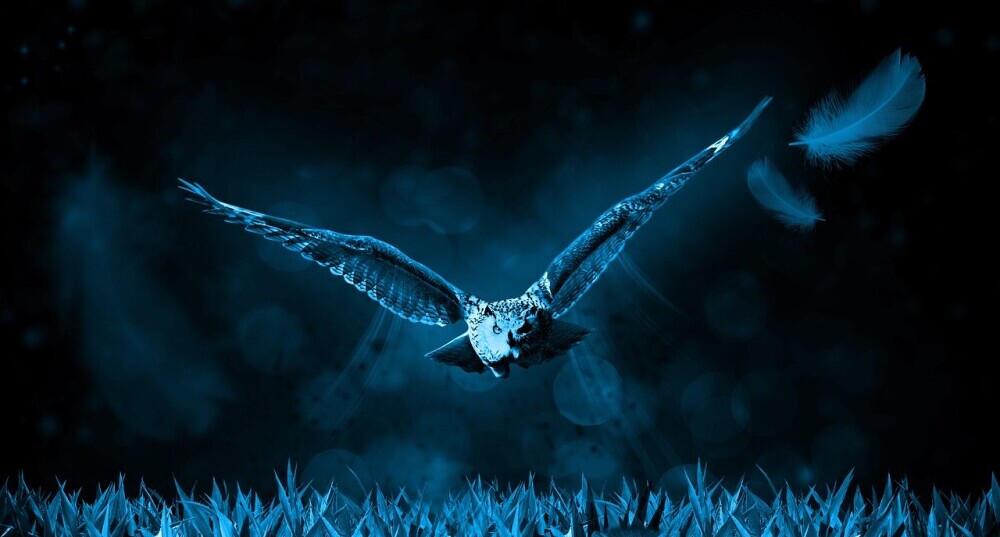
The Science Behind Intuition
While intuition is often associated with spirituality, science also acknowledges its presence. Research in psychology and neuroscience suggests that intuition is the result of the brain processing information at a subconscious level. Our minds gather and analyse vast amounts of data beyond our conscious awareness, allowing us to make snap judgments based on patterns and experiences that we have previously had.
For example, in my experience of the cat, it may be that I subconsciously remembered a time when I had left the house and shut the bedroom door. Perhaps I linked this to another time when the cat had been in the bedroom, and then subconsciously wondered about whether I had shut the cat in the bedroom. This would then have surfaced in my conscious brain.
Research
Recent scientific studies suggest that intuition is a complex interplay of the brain’s analytical and emotional centres. Research using brain imaging has shown that intuitive decisions activate areas such as the insula and anterior cingulate cortex, areas of the brain. These areas process emotions and detect patterns. Furthermore, studies in cognitive psychology indicate that experts in various fields often rely on intuition developed through years of experience. This shows that intuition is not just a mystical concept but a measurable cognitive process.
Some studies have shown that intuition plays a critical role in decision-making, often leading to choices that are just as effective as those made through logical analysis. Understanding this can help demystify intuition and make it easier to trust.
If you are interested in learning more about the science of intuitions, the following references support the scientific perspectives on intuition, and how it operates within the brain and its connection to expertise:
- The Science of Intuition | Psychology Today
- Intuition and Insight: Two Processes That Build on Each Other or Fundamentally Differ? – PMC
- Intuition and Reasoning: What Can We Learn from Cognitive Psychology? | The Physics Teacher | AIP Publishing
- Anterior insular and anterior cingulate cortices in emotional processing for self-face recognition | Social Cognitive and Affective Neuroscience | Oxford Academic

Recognising the Voice of Intuition
One of the biggest challenges in trusting your intuition is distinguishing it from fear, wishful thinking, or overthinking. Intuition is usually calm and clear, whereas fear is often frantic and overwhelming. Many of us are held back by our fears and these can surface in a myriad of ways when we try to overcome them. Susan Jeffers PhD. wrote a best-selling book called “Feel the Fear and Do It Anyway” in which she says that connecting to your own inner power is a way to overcome fear and allow you to move past it. But fear is not the same as intuition.
How do you Recognise Your Intuition?
Some common signs that intuition is speaking to you include:
- A strong gut feeling or physical sensation
- A sense of knowing without having any logical explanation
- Recurring thoughts or ideas that won’t go away
- An inner voice
- Synchronicities or meaningful coincidences that appear in your life seemingly at just the right time
As with most things, people will not all experience intuition in the same way and this is OK because we all feel and sense the world differently. We are constantly interpreting the world through our senses and some may have more well-defined senses than others. For example, a blind person may have more acute hearing than people with sight.
There are ways to develop your intuition through practical exercises such as quiet reflection, deep breathing, and listening to your body. These can all help you recognise when intuition is at work. After all, we have so many thoughts in our heads most of the time, that the small voice of intuition could easily get lost in the melee of other less significant traffic!

Cultivating Ways to Trust Your Intuition
Trusting your intuition is like anything – practice improves your abilities. It’s like building a muscle, the more you use it, the stronger it becomes. Here are some effective ways to strengthen your intuitive abilities:
- Meditation: Quieting your mind will allow intuitive insights to surface. Start with a few minutes each day, focusing on your breath and letting go of mental chatter
- Journaling: Writing down intuitive ‘nudges’ and ideas can help you track patterns and build confidence. Try to jot down any hunches or gut feelings you experience and then reflect on their outcomes at a later stage. You may find you have more intuition than you initially think
- Mindfulness: Staying in the present moment rather than allowing your thoughts to be drawn into worrying about the future or the past, can help you notice subtle intuitive signals. Engage fully in your daily activities without distraction and focus on the thing you are doing in the moment
- Body Awareness: Pay attention to any physical sensations, such as a tightening in the stomach or a feeling of ease, that appear in your body when making decisions. If you have a decision to make, think about each option carefully and ‘feel’ how each option resonates with your body. This can give you some valuable clues as to the best way to go
- Affirmations: Repeating positive affirmations can reinforce your belief in your own intuitive abilities. Try statements like “I trust my intuition to guide me wisely” or “I recognise the inner wisdom of my Higher Self”
Above all, if you want to learn to trust your intuition more, it’s important to let go of self-doubt and approach your intuition with curiosity rather than scepticism.
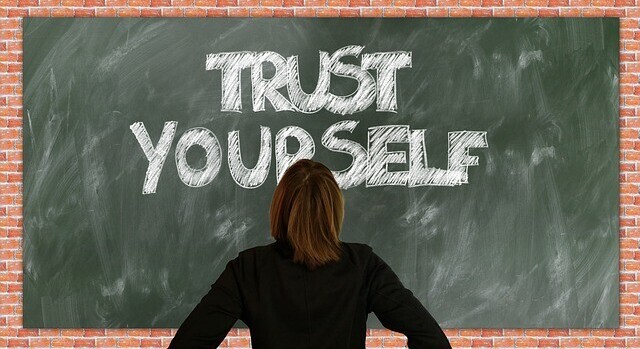
Overcoming Blocks to Intuition
Many people struggle to trust their intuition due to internal and external influences. We live in a very empirical world in which much emphasis is placed on knowledge or information gained through observation, experience, or experimentation. Most of us are grounded in the idea of collecting data and evidence from the real world. If we can’t find measurable evidence and observations of something, our society often rejects it as superstition or pseudoscience.
This societal conditioning tends to value logic over intuition. Overcoming this block requires an open mind, and a willingness to embrace things that we cannot necessarily explain. Often, when we do this, our intuition does give us measurable and tangible things which we can more objectively see the outcomes of, even if we cannot explain how we got to that outcome.
Other common blocks include fear and overthinking. To overcome these blocks:
- Practice self-compassion and patience – give yourself time to develop your intuition
- Release limiting beliefs that intuition is unreliable – look around for stories that prove the opposite
- Create space for stillness and reflection in your daily routine
As you clear these barriers, your intuitive voice will become clearer and more reliable.
Practical Ways to Use Your Intuition in Daily Life
Once you begin to trust your intuition, you can apply it in various areas of your life:
- Relationships: Intuition can help you sense people’s true intentions and navigate relationships with greater ease
- Career: Use intuitive insights to make career decisions that align with your purpose
- Personal Growth: Let your intuition guide you towards the right books, mentors, or opportunities

When working with the Law of Attraction (LOA) intuition can help you identify the right steps to manifest your desires and stay in alignment with your goals. In the world of the LOA, there are no coincidences and all things are drawn to us as a result of our energetic point of attraction. In this sense, we can see intuition as the universe or Source energy sending us subtle signals to guide us along the easiest path.
Esther Hicks and Abraham call this the “path of least resistance” and say that we are always being called by Source. The problem is, that not many of us bother to take the time to quiet our minds and listen. She advocates 15 minutes a day to meditate to help with this process. R J Spina also says that you can only trust things that you “know to be tangibly true” and to find out what those things are, you need to go within and connect to the energy of the universe.
Strengthening Intuition Through Connection to Source
As we have said, spiritual practices can enhance your connection to your intuition by deepening your relationship with Source energy. Practices such as meditation, prayer, and spending time in nature can help you attune to higher guidance. For more information about how to start with meditation, see the article: A beginner’s guide to meditation.
Trusting your intuition is a journey that requires patience, practice, and an open heart. As you begin to rely on your inner wisdom, you will find greater clarity, confidence, and alignment in your life. Remember, your intuition is a powerful tool for transformation, and it grows stronger with use. Ultimately, by trusting that the universe is always guiding you towards your highest good, you can move forward with confidence and ease and very soon, you will learn to trust your intuition.
So, why not start today? Try some of the exercises suggested above and see how your intuition unfolds. Trust that you already have all the answers within you and let me know what happens in the comments below…

Related links
Think Big: Imagination and the Law of Attraction
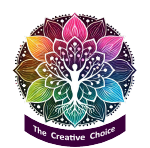

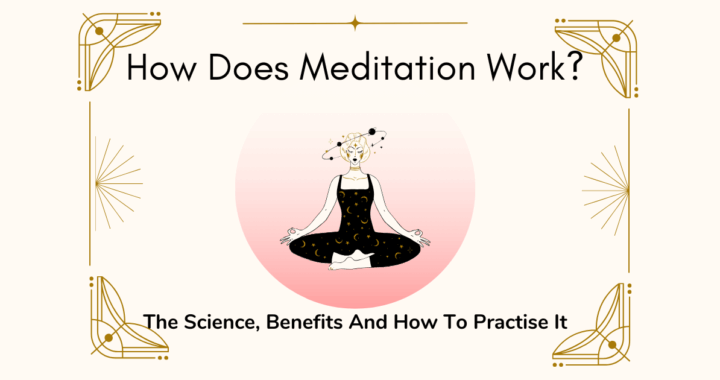
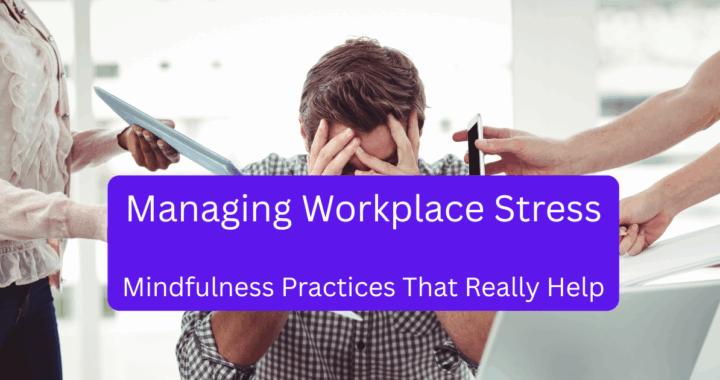
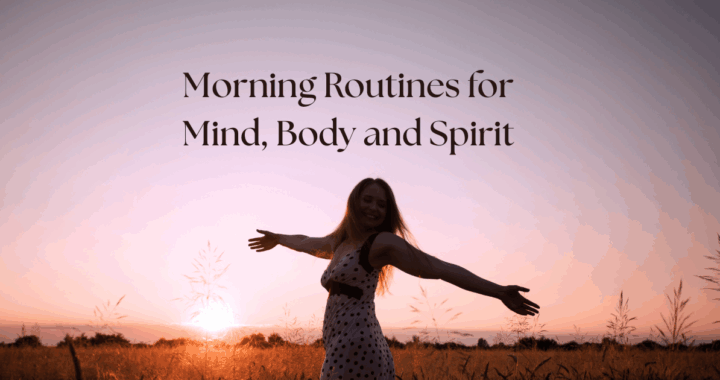
Hello Gail!
This post really resonated with me, especially the part about distinguishing intuition from fear or overthinking. I’ve had moments where trusting my gut led to better decisions, like avoiding an uncomfortable situation or choosing a career path that felt right even when it didn’t make logical sense. Your tips on strengthening intuition through mindfulness and body awareness are so practical and easy to implement.
I’ve been practicing meditation daily, and it’s amazing how it helps me tune into that inner voice more clearly. Journaling has also been a great way to track those intuitive moments and see patterns over time. Thanks for sharing such a thoughtful guide—it’s inspired me to deepen my connection with my intuition!
Maksim V 🙂
Hi Maksim and thanks for your kind comments. I’m very glad that you are trusting your intuition more and more and that it has helped you in the past. I do find that meditation is my go-to way to increase my intuition and if I have a problem, just thinking about how I feel about the options, really helps me find the best solution for me. I wish you luck with your continued journey.
This article really resonates with me, and specially the way in which you say that intuition is not the same as fear. Listening to your body and being aware of body awareness, often guides me when having to make decisions, specially when making online reservations and purchases.
Taking time out and meditating makes me conscious of how my body reacts and focussing on mindfulness. Thank you for sharing this valuable resource.
Hi Line. Thanks for your kind comments and I’m so pleased that the article resonated with your and you thought it was valuable. As you say, listening to your body is very important when it comes to many things in life. I believe that we are all spiritual beings having a human experience and our bodies are the vehicle we use whilst on Earth. It’s a bit like listening to the knocks and bangs that the car makes. If you listen and pick them up early, you can avoid an expensive garage bill further down the line!